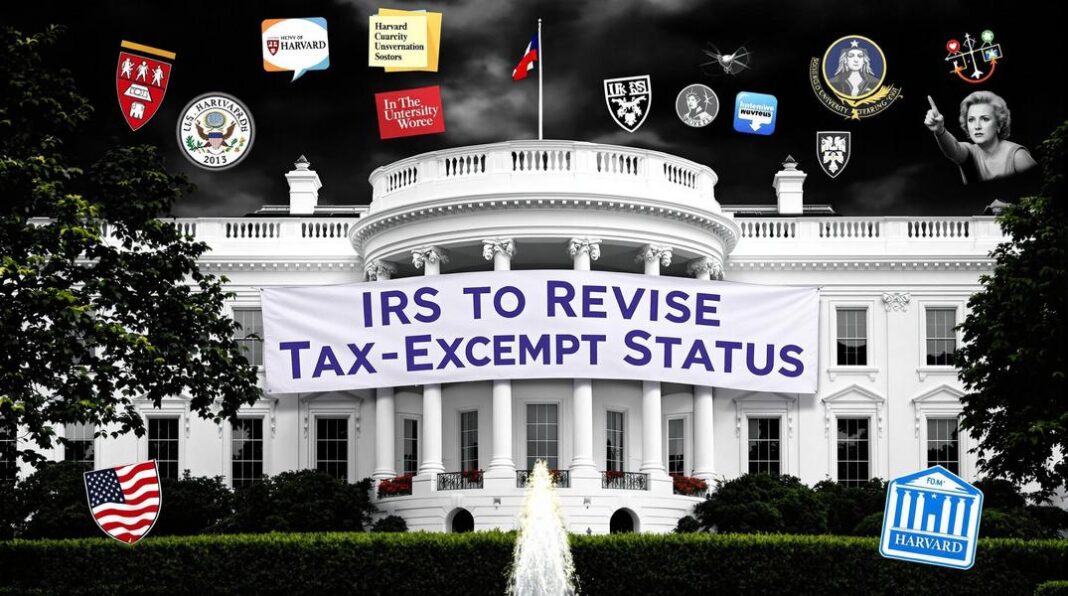Harvard University has rejected demands from the Trump administration to overhaul its academic programs and governance, risking over $2 billion in federal funding that has now been frozen in response.
The administration had demanded that Harvard conduct audits on programs that allegedly “reflect ideological capture” or “fuel antisemitic harassment,” restructure hiring and admissions practices, and reduce the power of faculty involved in activism. Harvard President Alan Garber defended the university’s decision, stating, “No government — regardless of which party is in power — should dictate what private universities can teach, whom they can admit and hire, and which areas of study and inquiry they can pursue.”
Jeffrey S. Flier, former Harvard Medical School dean, claimed that if the university had acceded to the demands, it would have marked “the end of Harvard as an independent institution.” The standoff represents one of the most significant confrontations between the federal government and a major academic institution in recent history.
The funding freeze affects approximately $2.2 billion in grants and $60 million in contracts, potentially disrupting numerous research initiatives and academic programs. Beyond the immediate financial impact, Harvard also faces potential threats to its tax-exempt status, which could result in an annual tax bill exceeding $465 million on endowment income.
Harvard’s stance has garnered significant support from the academic community. Former President Obama praised the university’s decision, saying, “Harvard has set an example for other higher-ed institutions. … Let’s hope other institutions follow suit.” Several university presidents have also voiced solidarity with Harvard’s position.
The demands from the Trump administration included eliminating diversity and inclusion programs, adopting strictly merit-based admissions, conducting external reviews for ideological balance, and implementing stricter screenings of international students. Critics argue these demands represent unprecedented government intrusion into academic affairs.
The dispute raises significant questions about academic freedom and the relationship between the federal government and higher education institutions. Legal experts note that IRS regulations and federal law generally protect universities from political interference in tax matters unless they engage in political activity.
Education advocates view Harvard’s resistance as a crucial stand for academic independence. “What it really represents for higher education is hope,” said Wil Del Pilar, senior vice president of the Education Trust, according to ABC News.
As the situation unfolds, many university leaders are watching closely, recognizing that Harvard’s confrontation with the administration could set precedents for how academic institutions navigate political pressures while maintaining their independence and commitment to academic freedom.


